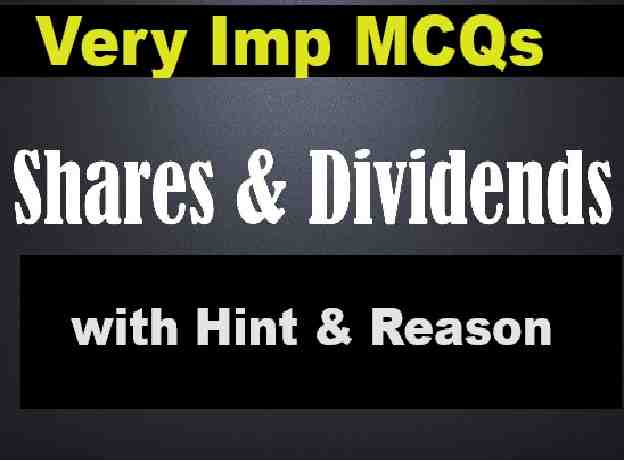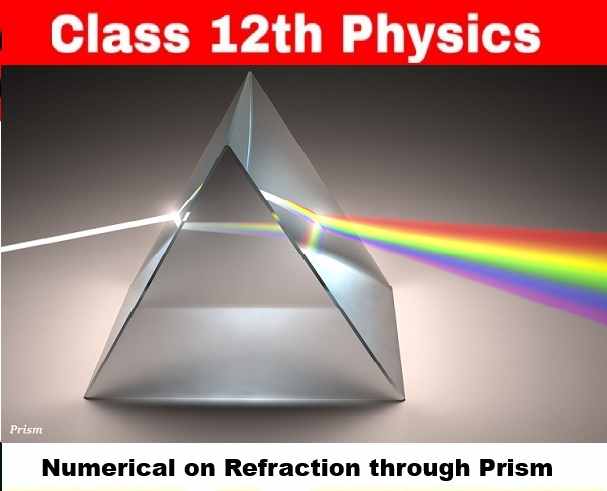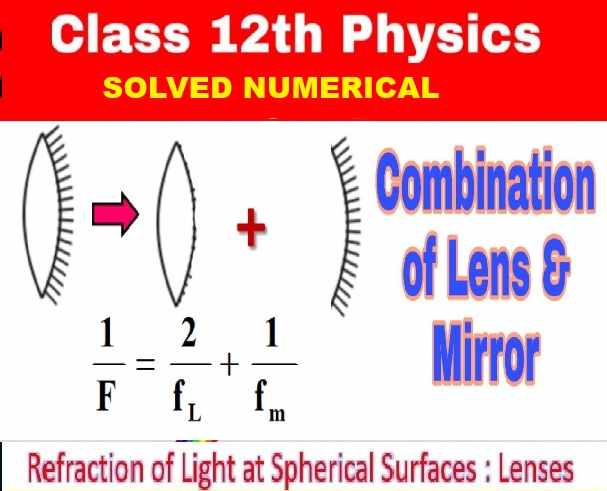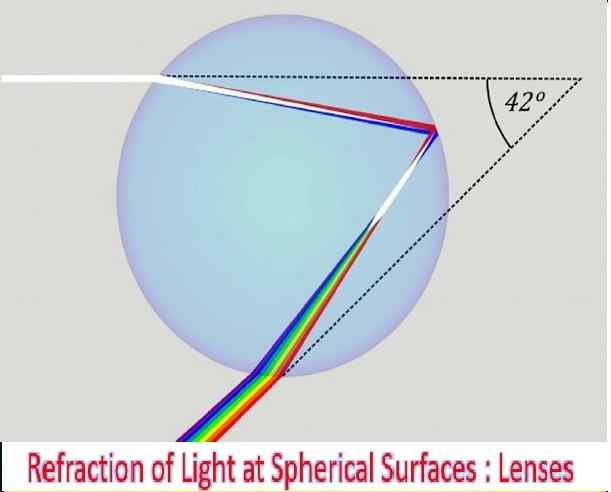Shares and Dividend MCQs RS Aggarwal Class 10 Goyal Brothers ICSE Maths Solutions Ch-3. Step by step solutions of MCQs questions as latest prescribe guideline for upcoming exam. Visit official Website CISCE for detail information about ICSE Board Class-10.

Shares and Dividend MCQs RS Aggarwal Class 10 Goyal Brothers Prakashan ICSE Foundation Maths Solutions Ch-3
| Board | ICSE |
| Publications | Goyal Brothers Prakashan |
| Subject | Maths |
| Class | 10th |
| Chapter-3 | Shares and Dividend |
| Writer | RS Aggarwal |
| Book Name | Foundation |
| Topics | Solution of MCQs |
| Edition | 2024-2025 |
Page- 32,33
Multiple Choice Questions :
Shares and Dividend MCQs RS Aggarwal Class 10 Goyal Brothers Prakashan ICSE Foundation Maths Solutions Ch-3.
Que-1: The total amount of money needed to run a company is called : (a) Shares (b) Capitals (c) Dividend (d) Principal
Solution- (b) Capitals
Que-2: The whole capital is divided into small units, called : (a) Shares (b) Shares holder (c) Face value (d) Dividend
Solution- (a) Shares
Que-3: The annual profit distributed among shares holder is called : (a) Nominal value (b) Market value (c) Dividend (d) Face value
Solution- (c) Dividend
Que-4: The value of a share printed on the share certificate is called its :(a) Nominal value (b) Market value (c) Dividend (d) Below par
Solution- (a) Nominal value
Que-5: The shares of different companies can be bought or sold in the market through stock-exchange. The price at which the share is sold or purchased is called its : (a) Face value (b) Market value (c) Par value (d) Nominal value
Solution- (b) Market value
Que-6: A share is said yo be at … … …. if its market value is the same as its face value
(a) Premium (b) Discount (c) Par (d) Nominal value
Solution- (c) Par
Que-7: A share is said to be at premium. If market value is .. … … than its face value
(a) More (b) Less (c) Same (d) Equal
Solution- (a) More
Que-8: A share is said to be … … .. If its market value is less than its face value.
(a) A t par (b) Above par (c) Below par (d) Premium
Solution- (c) Below par
Que-9: The face value of a share : (a) Changes every year (b) Change from time to time (c) Always remains the same (d) None of these
Solution- (c) Always remains the same
Que-10: Dividend is always paid on the ________ of a share. (a) At par (b) Above par (c) Below par (d) Premium
Solution- (b) Above par
Que-11: The market value of a share : (a) Never changes (b) Changes from time to time (c) Changes every months (d) None of these
Solution- (b) Changes from time to time
Que-12: Number of shares held by a person = (a) Total nominal value/Face value of 1 share (b) Total market value/Face value of 1 share (c) Dividend/Market value of 1 share (d) (Dividend/Investment) x 100
Solution- (a) Total nominal value/Face value of 1 share
Que-13: Dividend = (a) Number of shares x N.V (b) Number of shares x M.V
(c) Face value x Number of shares x Rate of dividend/100 (d) None of these
Solution- (c) [Face value x Number of shares x Rate of dividend]/100
Que-14: Rate of return on Investment = (a) Investment/Dividend (b) Dividend/Investment (c) Dividend/Investment x 100 (d) Investment/Dividend x 100
Solution- (c) Dividend/Investment x 100
Que-15: Investment / Sale proceeds = (a) Number of shares x M.V (b) Number of shares x N.V (c) Face value x no. of shares x Rate of dividend (d) Dividend/Investment
Solution- (a) Number of shares x M.V
Que-16: Annual Income = (a) Number of shares x Face Value (b) Number of shares x rate of dividend x Face value of 1 share (c) Number of shares x Market Value x Face value (d) MV x NV x 100
Solution- (b) Number of shares x rate of dividend x Face value of 1 share
Que-17: If a share of Rs100 is selling at Rs125, then it is said to be selling at a … of Rs35.
(a) Discount (b) Premium (c) At par (d) Below par
Solution- (b) Premium
Que-18: If a share of Rs125 is selling at Rs96, then it is said to be selling at Rs12 :
(a) Below par (b) At par (c) Above par (d) Premium
Solution- (a) Below par
Que-19: If Kabir invests Rs10320 on Rs100 shares at a discount of Rs14, then the number of shares he buy is :
(a) 110 (b) 120 (c) 150 (d) 100
Solution- (b) 120
Reason: Here, we have the amount as ₹10320
and FV of share = ₹100 at ₹14 discount
=> MV of given shares = ₹(100 – 14) = ₹86
=> Number of shares = Invested amount / MV of 1 share
= ₹10320 / ₹86 = 120 shares.
Que-20: Shahrukh has some shares of Rs50 of a company paying 15% dividend. If his annual income is Rs3000, then the number of shares he possesses is :
(a) 400 (b) 600 (c) 800 (d) 200
Solution- (a) 400
Reason: F.V. of each share = ₹ 50
Dividend = 15%
Annual income = ₹ 3000
Let x be the share, then
F.V. of shares = x × 50 = ₹ 50x
Dividend = [50𝑥+15]/100 = 30
= 15x/2 = 3000
⇒ x = 3000×(2/15)
⇒ x = 400
∴ Number of shares = 400.
Que-21: If Kiran invests Rs19200 on Rs50 shares at a premium of 20%, then the number of shares she buys is :
(a) 640 (b) 160 (c) 320 (d) 240
Solution- (c) 320
Reason: Investment = ₹ 19200
Face value of each share = ₹ 50
M.V. = ₹ (50×120)/100 = ₹ 60
Number of shares = 19200/60
= 320.
Que-22: Varun possesses 600 shares of Rs25 of a company. If a company announces a divided of 8%, then his annual income is :
(a) Rs600 (b) Rs1200 (c) Rs480 (d) Rs120
Solution- (b) Rs1200
Reason: Number of shares = 600
F.V. of each share = ₹ 25
Rate of dividend = 8%
Annual income = 600 x 25 x (8/100)
= ₹ 1200.
Que-23: A man invests Rs24000 on Rs60 shares at a discount of 20%. If the dividend declared by the company is 10%, then his annual income is :
(a) Rs2880 (b) Rs1500 (c) Rs3000 (d) None of these
Solution- (c) Rs3000
Reason: Investment = ₹ 24000
F.V. of each share = ₹ 60
M.V. at discount of 20% = 60×(80/100) = ₹ 48
Rate of dividend = 10%
∴ Face value of all the share = (500×60)/48
= ₹ 30000
Annual dividend = ₹ (30000×10)/100
= ₹ 3000.
Que-24: Rs25 shares of a company are selling at Rs20. If the company is paying a dividend of 12%, then the rate of return is :
(a) 10% (b) 18% (c) 15% (d) 12%
Solution- (c) 15%
Reason: F.V. of each share = ₹ 25,
M.V. = ₹ 20
Rate of dividend = 12%
Dividend on each share = (12/100)×25 = ₹ 3
Return on ₹ 20 = ₹ 3
and on ₹ 100 = ₹ (3/20)×(5/100) = 15%.
Que-25: Rs40 shares of a company are selling at 25% premium. If Mr. Wasim wants to buy 280 shares of the company, then the investment required by him is :
(a) Rs14000 (b) Rs16800 (c) Rs8400 (d) Rs10000
Solution- (a) Rs14000
Reason: Face value of each share = ₹ 40
M.V. = 40×(125/100) = ₹ 50
Number of shares = 280
Total investment = ₹ 280 x 50 = ₹ 14000.
— : End of Shares and Dividend MCQs RS Aggarwal Class 10 Goyal Brothers ICSE Maths Solutions : —
Return to :– RS Aggarwal ICSE Class 10 Solutions Goyal Brothers
Thanks
Please, Share with your friends


